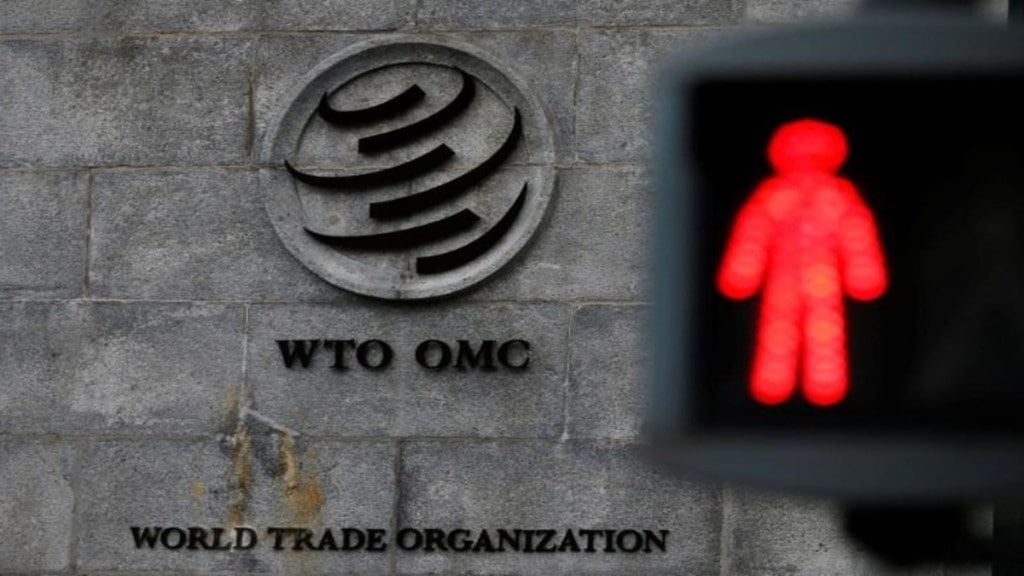The Director General of World Trade Organisation (WTO) Ngozi Okonjo-Iweala strongly criticised India and two other countries for blocking the Investment Facilitation for Development (IFD) Agreement saying it puts countries which find it difficult to attract investments at a disadvantage.
Along with India, she named South Africa and Turkiye for blocking the inclusion of the IFD as a plurilateral agreement purely on ideological grounds even though it does not impact them directly.
“We are working on it and it will move forward. Ministers need to get involved in discussing this issue, determining the modalities. This will happen at the 14th ministerial,” Okonjo-Iweala said in an interaction with the mediapersons here. The 14th Ministerial Conference of the WTO is scheduled to take place from March 26-29 next year in Yaounde in Cameroon.
India’s objections to IFD
India’s objection arises from the fact that it does not view IFD as strictly a trade agreement relevant to the WTO. It is of the view that it is a non-mandated plurilateral agreement being pushed into the WTO without a broad consensus and that it could undermine the developing countries’ policy autonomy by forcing them to accept certain investment standards which they are not equipped to handle. India also argues that it violates the WTO’s fundamental rule of consensus-based decision-making for starting new negotiations.
The IFD is being pushed as a plurilateral agreement. Under the WTO the plurilateral agreements are only binding on countries only on those members who have signed on them. So far this agreement – proposed by China initially – has been agreed to by 127 countries after it was proposed at the Buenos Aires WTO ministerial conference in December 2017.
The purpose of the agreement is to develop predictable, transparent and open investment rules that will contribute to more efficient investment flows to the developing countries and least developed countries through fostering increased business confidence. It does not include issues of market access, investment protection or investor-state dispute settlement.
DG’s strong push for pact
The WTO DG said that the agreement will give comfort to investors to invest in developing and least developed countries who are otherwise considered risky.
“They (smaller developing and least developed countries) do not have the market power and they are not rich. This instrument will help them. The private sector is very excited about it but some of the big countries are blocking it.”
“You can attract investment but you are blocking it so other poor countries cannot attract. Is that a good thing? Are you a leader by doing that? We have three countries we are working on – South Africa, India and Turkiye who do not have their reasons for not allowing it,” Okonjo-Iweala said.
“The private investment flows to developing countries are declining. There is total annihilation of Overseas Development Assistance (ODA) flows. What do you want those countries to do? Just fold their hands because you have an ideological problem. Is that fair?,” the Director General said.
